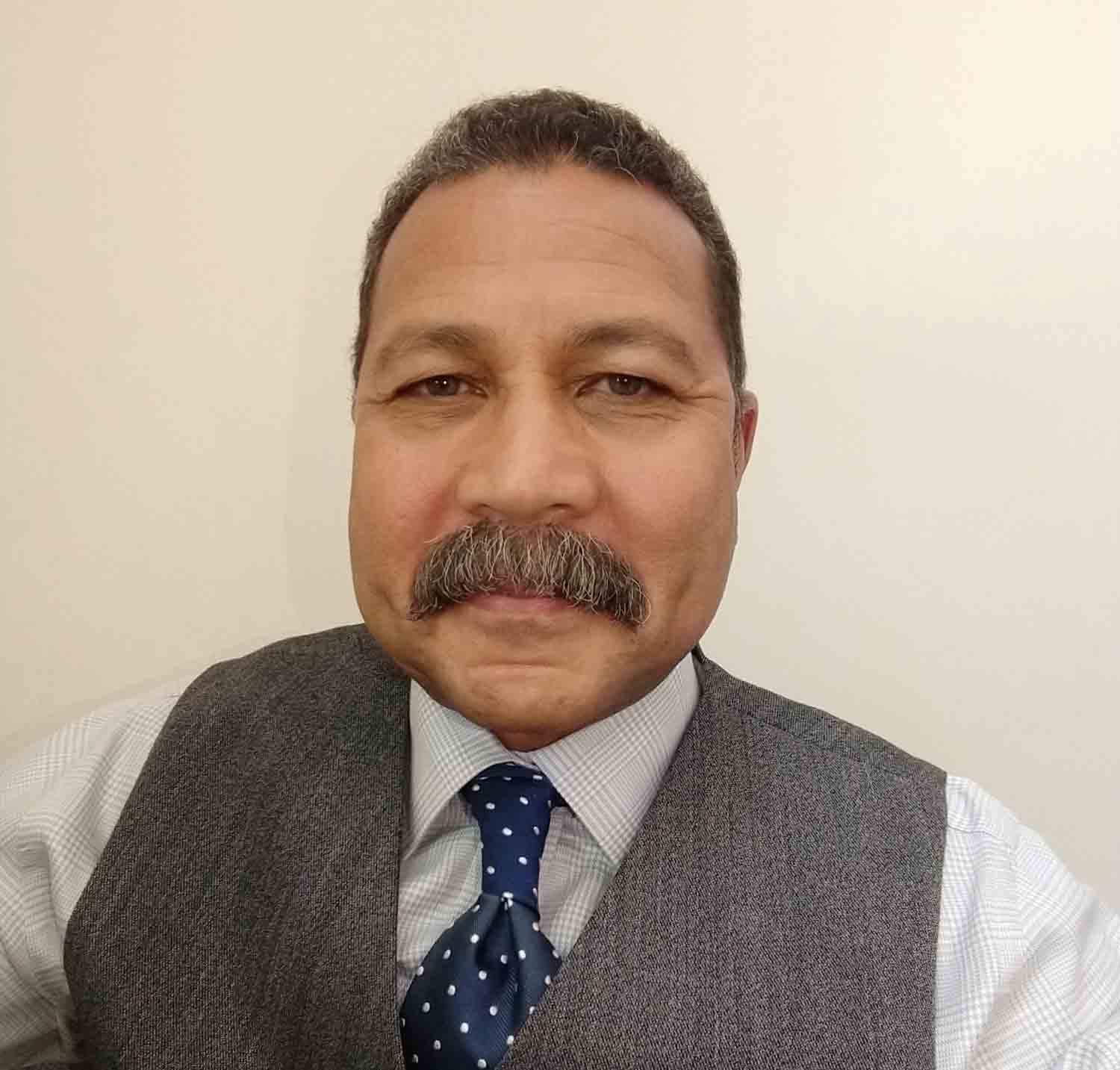Viewpoint: Big Media’s Now Moment
Social justice push has brought much-needed introspection to industry?
The smarter way to stay on top of broadcasting and cable industry. Sign up below
You are now subscribed
Your newsletter sign-up was successful
Amid the deadly coronavirus and unfolding social justice movement, America stands at a momentous crossroads. Following the tragic death of George Floyd at the knees of the police, a multiethnic, multigenerational mass of righteous protest is demanding police reform in cities across the nation.
Captains of industry, in response, have hedged their corporate reputations on hefty pledges to promote African-American economic equality. In stark contrast, the president remains defiant to convention and defensive of status quo law and order.
Chronicling it all in real time for the world to see has been the mainstream media. Broadcast and national cable, in particular, have experienced a renewed relevance and a reborn sense of mission as the justice movement gains more sweep, scale and seriousness. This has been especially meaningful for local TV, which needed to burnish its credentials with American viewers. Like many in America, journalists have discovered what heretofore has been absent from countless reports of black death-by-police. Transparency. Equity. Empathy.

Much-Needed Introspection
The George Floyd social justice movement has forced not only retrospection but also a long-overdue introspection within the industry. Media organizations of every stripe are conversing as never before, both internally with employees and externally with the communities they cover. Sentient reporting by journalists of color has revealed new dimensions of on-the-ground news coverage, and decisions by news producers to unravel the intricate layers of race relations have created noteworthy new moments for today’s media.
Our view of the world is indelibly colored by what we experience in media, from the stories they choose to cover or ignore to the commentators they choose to feature. The news media is our lens to the places we may never go but nonetheless need to know about. From Minneapolis to Atlanta and beyond, journalists have probed the reservoir of rage and resentment against injustice. And it is deeper than any of us knew.
Despite mistrust and disapprobation, the mainstream media have leveraged this unique time to become exponentially better. They have dug deep and left few stones unturned. They have sought answers to questions hitherto unasked. They have become voluntarily vulnerable, unveiling warts and welts. And they have sought truth today where assumptions have sufficed before. In short, broadcast and cable media have emerged as beacons of enlightenment in days of darkness.
The smarter way to stay on top of broadcasting and cable industry. Sign up below
No Time to Rest
But there should be no resting on laurels. Serious challenges lie ahead as the story of social justice proves layered and nuanced. Clear-cut cases of death by police, while shocking and familiar, should become fewer and farther between. At least that is our hope. And we viewers will rely on our local, network and cable media to sort out the fine points to help us reach well-informed decisions. The stakes are too high for them not to get it right, especially for issues as consuming, consequential and controversial as race and justice in America.
In fact, the import of these events will be reviewed, researched and recounted by experts for decades — rightly so as Americans continue to face what W.E.B. Dubois in 1903 presciently called the “problem of the color line.”
After the millions of dollars and the principled pledges to advance social justice have expired, will America be changed? Only time will tell. While the results will speak for themselves, we all will rely on the media to report honestly on our national progress. And to that purpose we hope they will be truthful, trenchant and transparent.
Ratings notwithstanding, we should encourage, expect and demand our media not to abandon the gravity of the moment, as they inevitably move on to other stories, because this is not just another story.
Viewpoint author Adonis Hoffman is chairman of Business in the Public Interest and CEO of The Advisory Counsel. He is a former senior official at the FCC and senior counsel in the House of Representatives.
